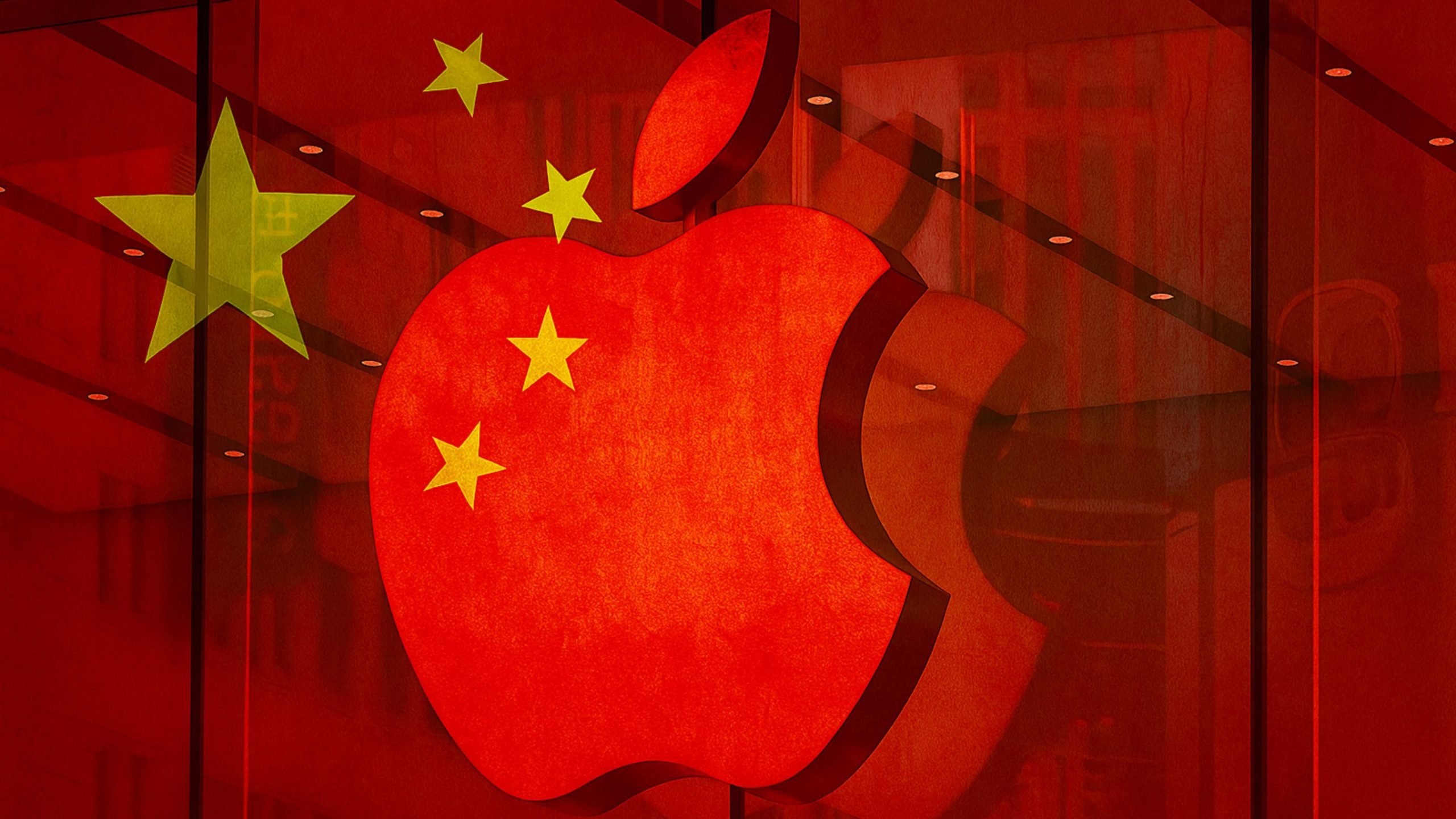Two of China’s most widely used gay dating apps, Blued and Finka, have been taken down from Apple’s App Store and several Android platforms following an order from the Cyberspace Administration of China (CAC), the country’s main internet regulator.
Apple confirmed it had acted under official instruction. “We follow the laws in the countries where we operate. Based on an order from the Cyberspace Administration of China, we have removed these two apps from the China storefront only,” a spokesperson said.
Though the apps can no longer be downloaded, users who already have them installed still appear able to use them. The removals triggered widespread discussion on Chinese social media, where many expressed concern that online spaces for gay men are being quietly erased.
Blued was founded in 2012 by Ma Baoli, a former police officer. The app quickly became one of the largest social platforms in the world, boasting tens of millions of users and an active online community.
By 2020, Blued’s parent company, BlueCity Group, reported 49 million registered users and about 6 million monthly actives. That same year, BlueCity went public on the Nasdaq and acquired its main rival, Finka, in a deal worth around RMB 240 million, or roughly 33 million US dollars.
Two years later, BlueCity delisted and was absorbed by Newborn Town, a Hong Kong-listed social media firm. Many of Blued’s early staff, including Ma himself, left the company after the acquisition.
Outside China, BlueCity rebranded its international version of the app to HeeSay in 2024. That version remains live in markets such as India, Pakistan, and the Philippines, where it has found steady growth.
The disappearance of Blued and Finka reflects a broader tightening of online space in China.
Although the country decriminalized homosexuality in 1997, public discussion of sexual identity and same-sex relationships remains sensitive. Authorities have closed advocacy groups, censored online conversations, and instructed tech companies to remove or limit “undesirable” content.
Apple relies heavily on China for manufacturing and a large portion of its revenue, and it has repeatedly chosen to meet government demands over defending access to apps that facilitate communication and information sharing.
Apple has previously removed news platforms, VPN services, and other apps related to privacy or free speech at Beijing’s request.
Each compliance step reinforces a pattern where the world’s most valuable tech company becomes an enforcer of local restrictions rather than a protector of open digital spaces.
Neither BlueCity nor Newborn Town has commented on the takedown, and it is unclear whether the removals are temporary or permanent. In some cases, apps in China have been restored after undergoing content or compliance changes demanded by regulators, though that process is unpredictable and opaque.










